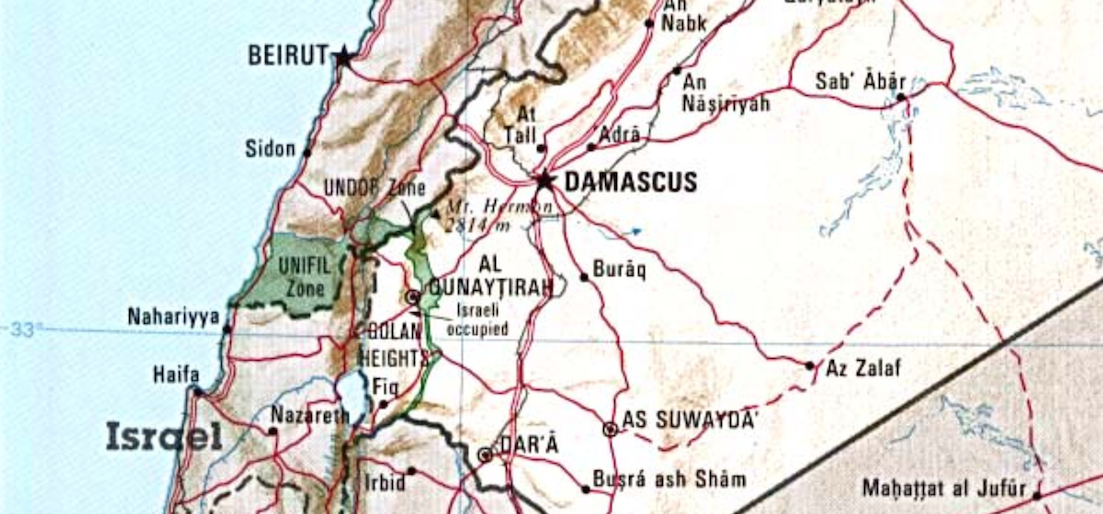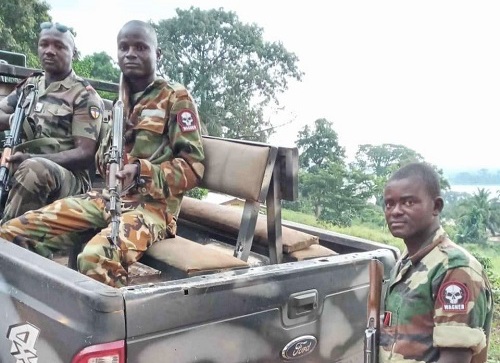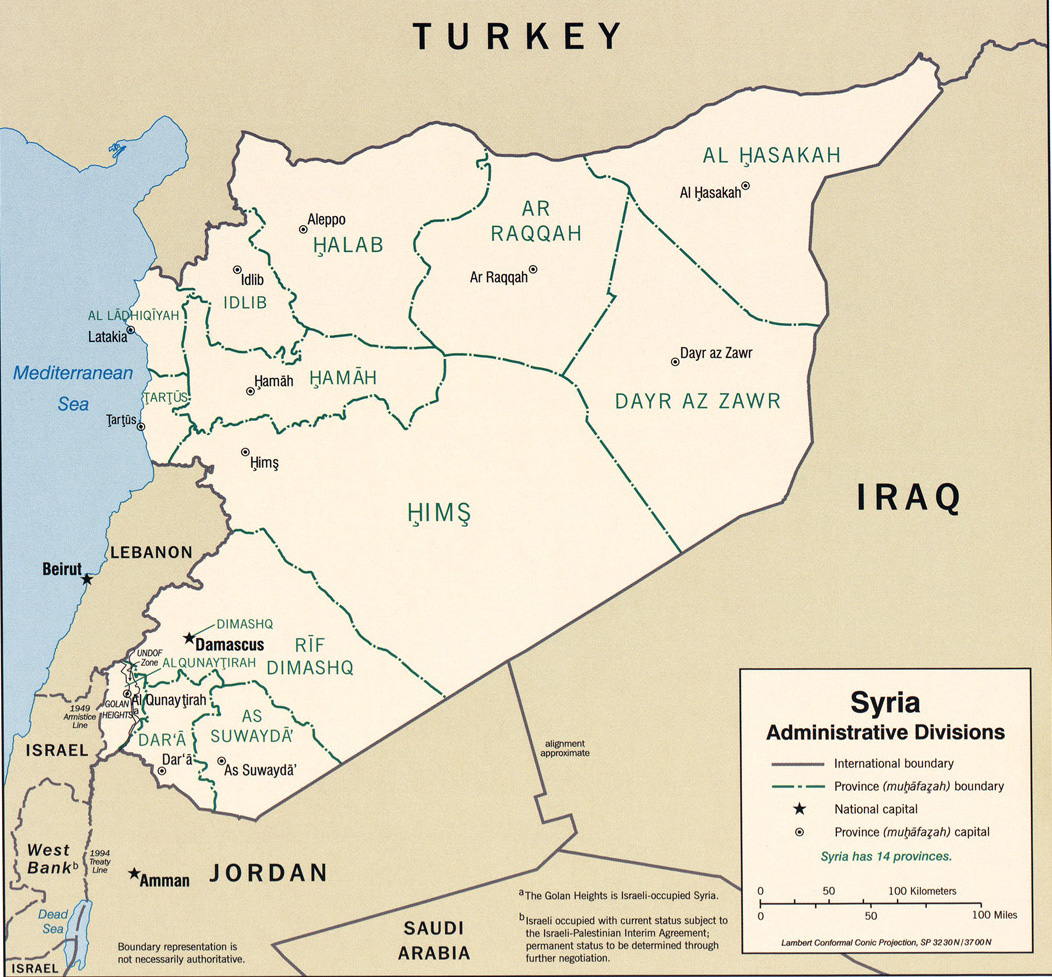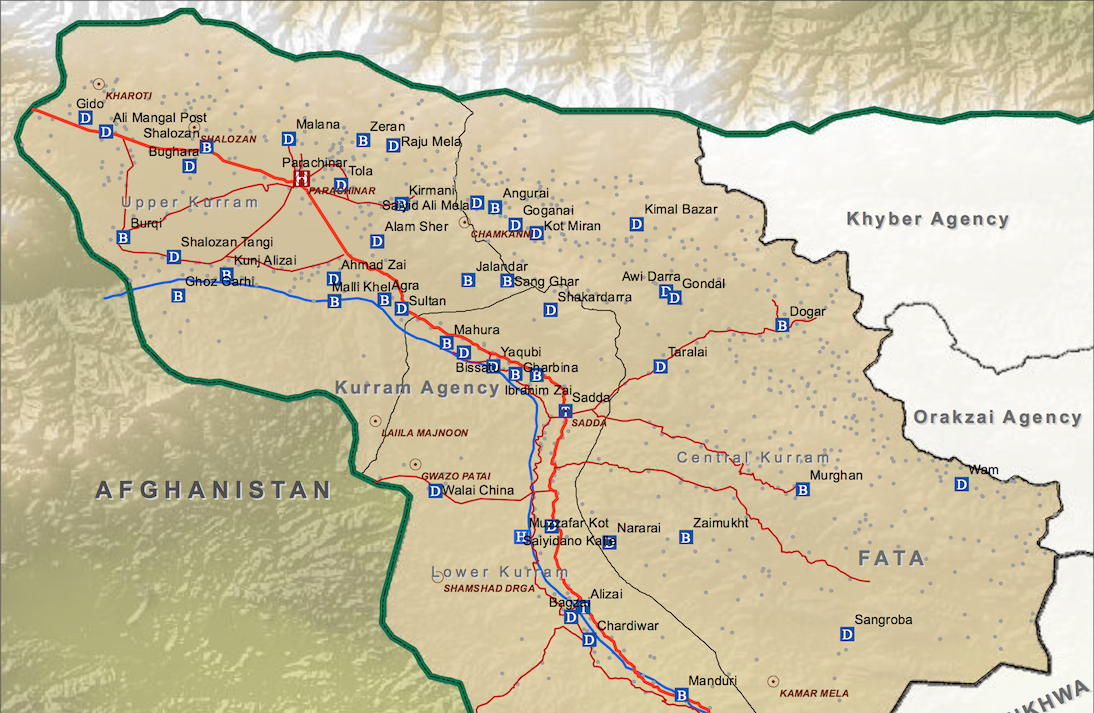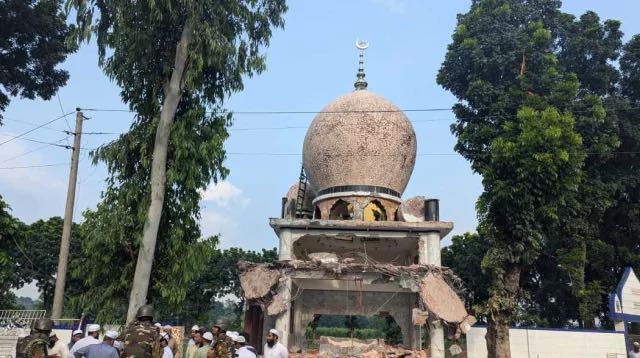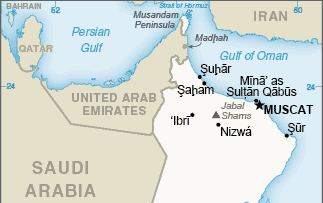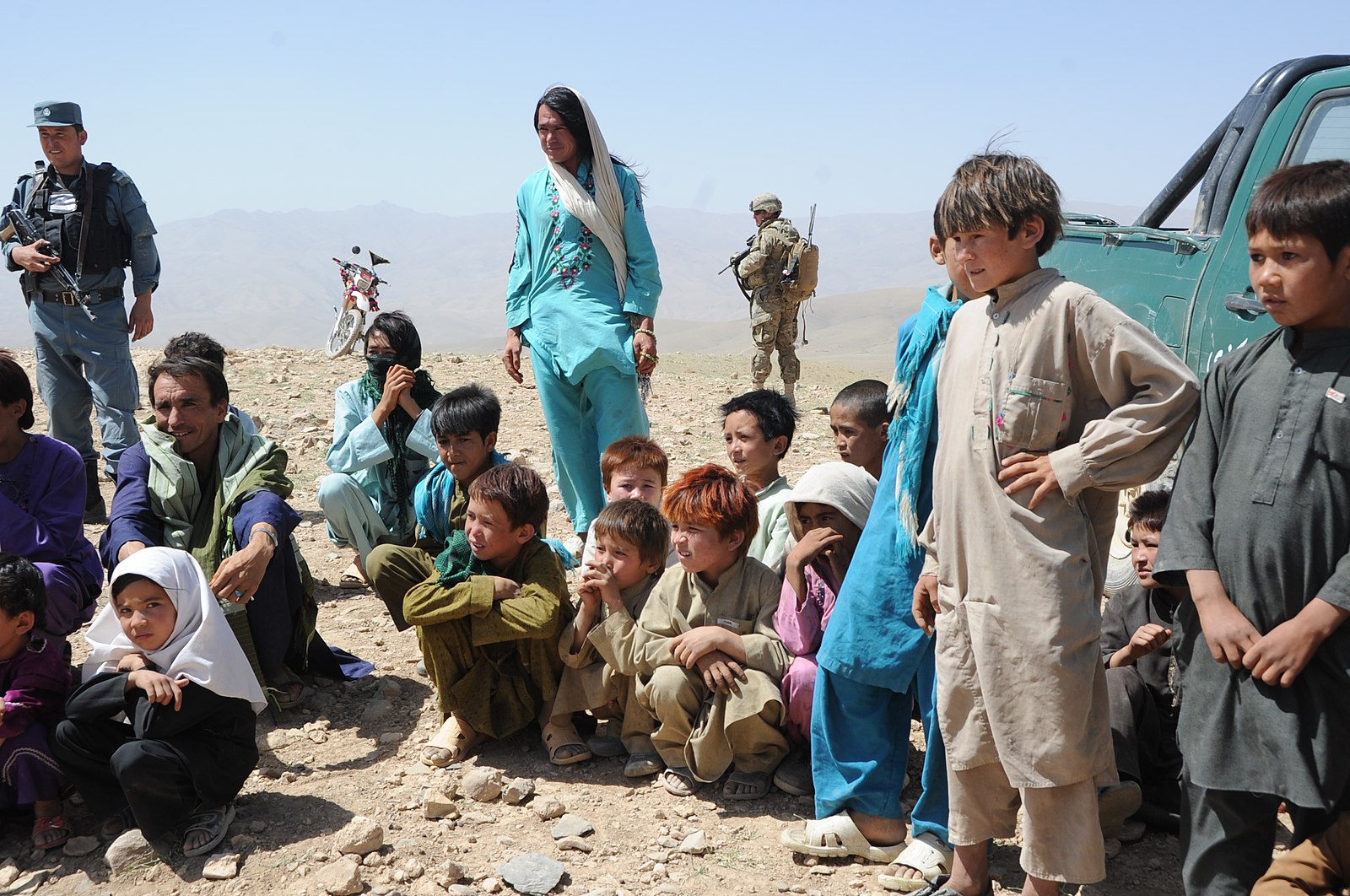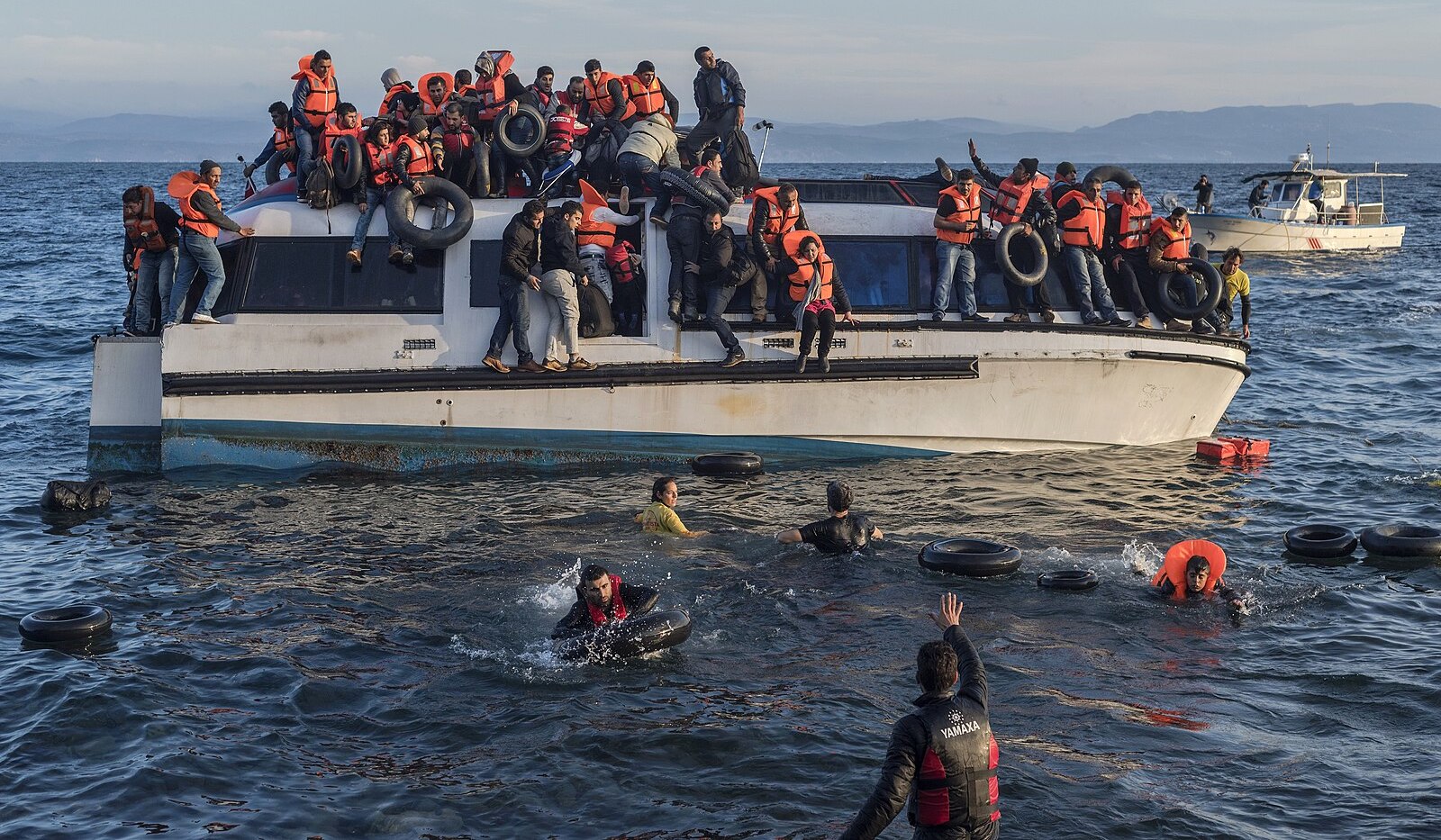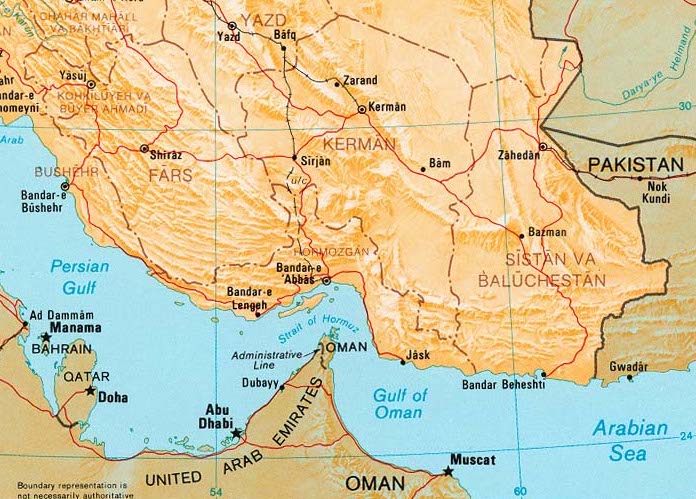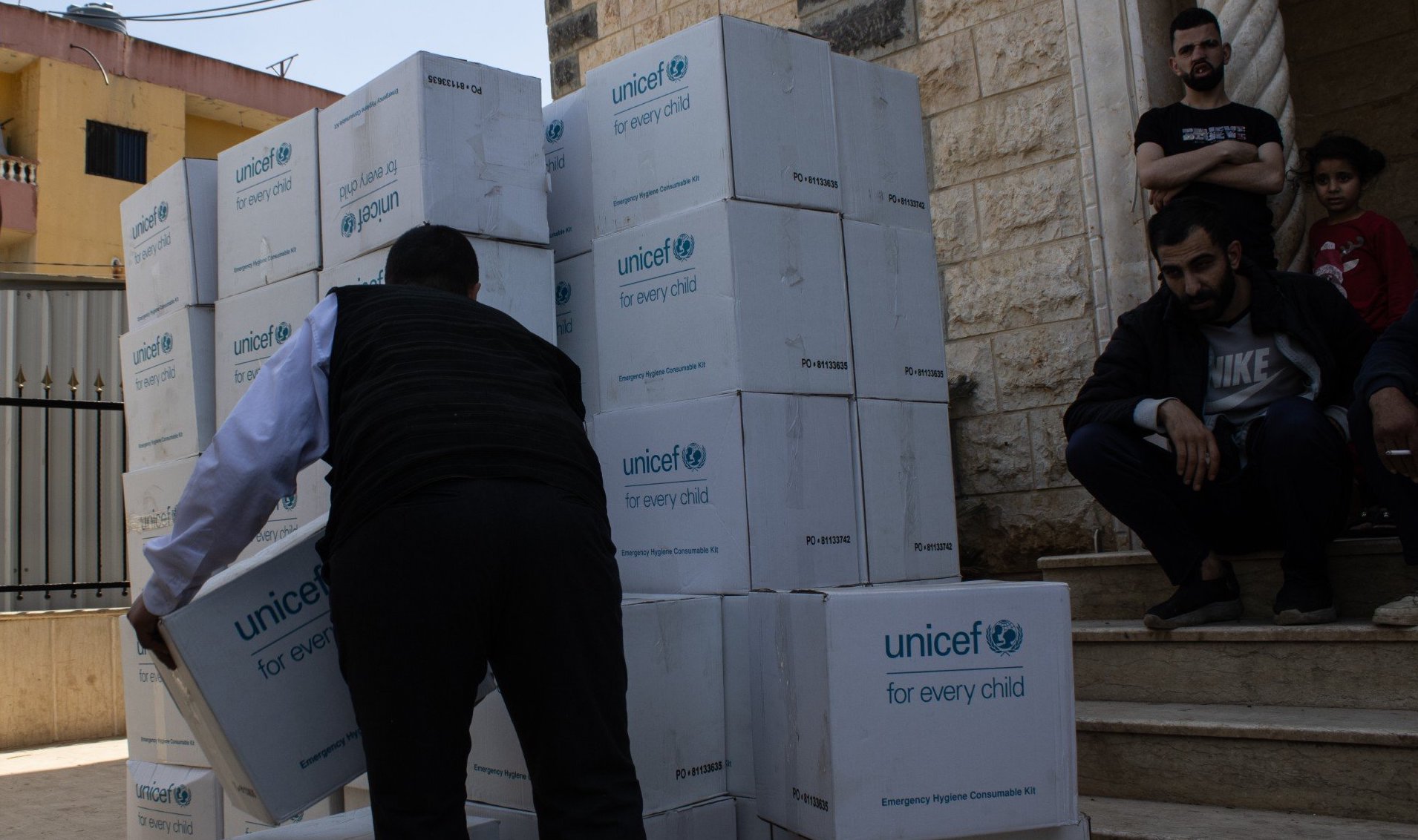
Syrian Alawites flee to Lebanon, with little aid to meet them
Nearly 40,000 people have fled Syria’s sectarian violence for neighboring Lebanon over the past three months. With many fearful of returning anytime soon, their arrival adds a new layer to Lebanon’s protracted humanitarian crisis at a moment when aid groups are badly underfunded and overstretched. Most of the new arrivals are Alawites, a religious minority targeted in a wave of killings in March that saw forces aligned with the new Syrian government carry out retaliatory massacres in Alawite-majority areas. This came after groups loyal to the former regime of Bashar al-Assad attacked security forces. Assad is an Alawite and Syria’s coastal province of Latakia, where the attack too place, was his stronghold of support. (Photo: Aid boxes arrive at the Massoudiyeh mosque. Credit: Hanna Davis/TNH)



